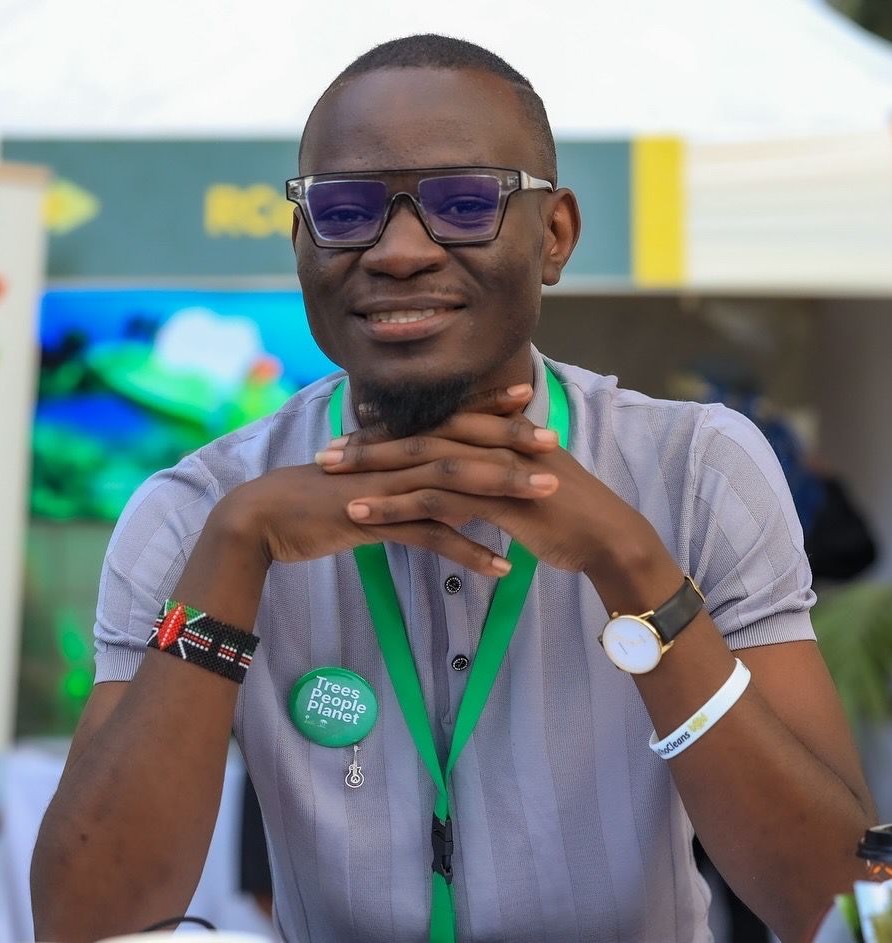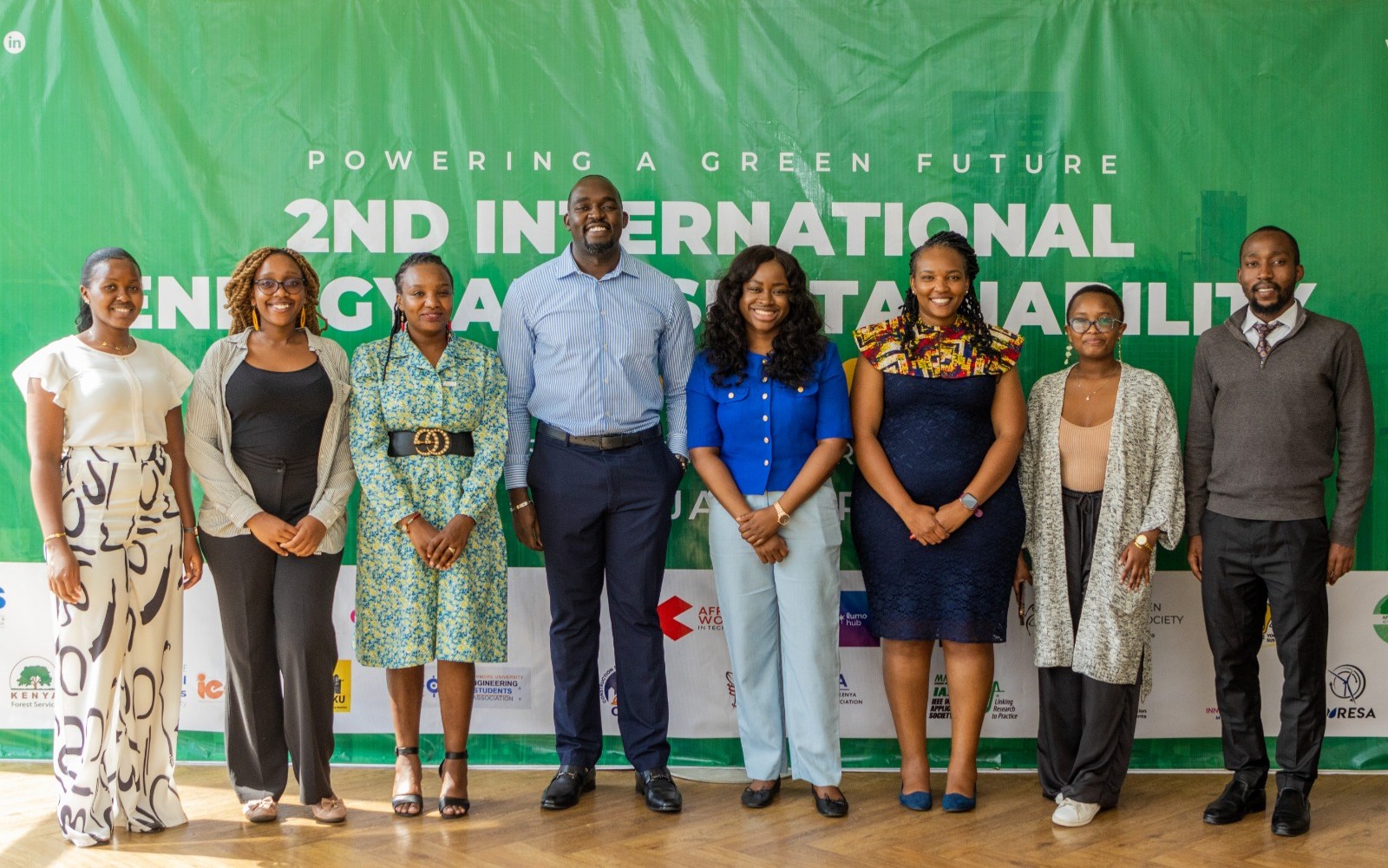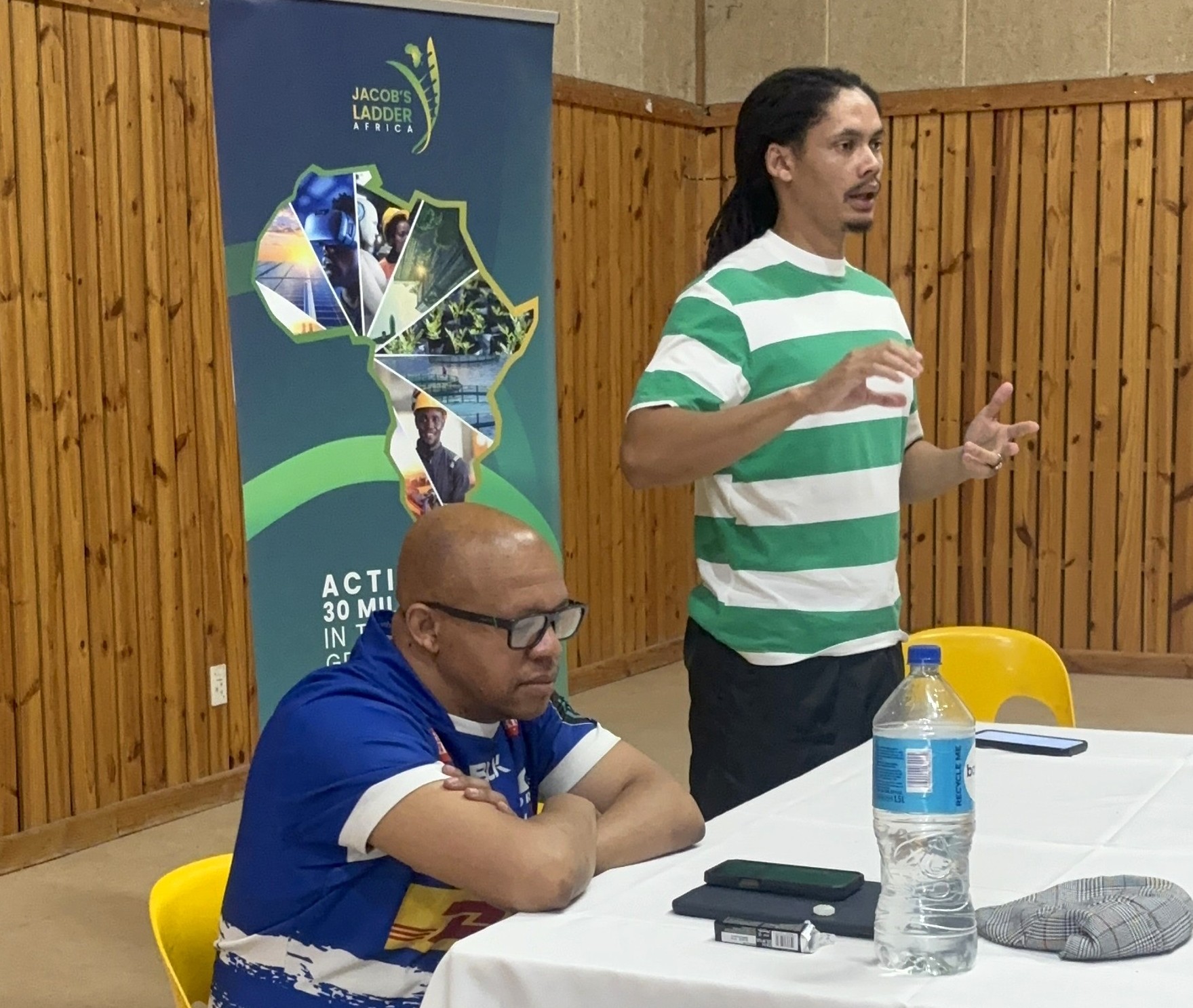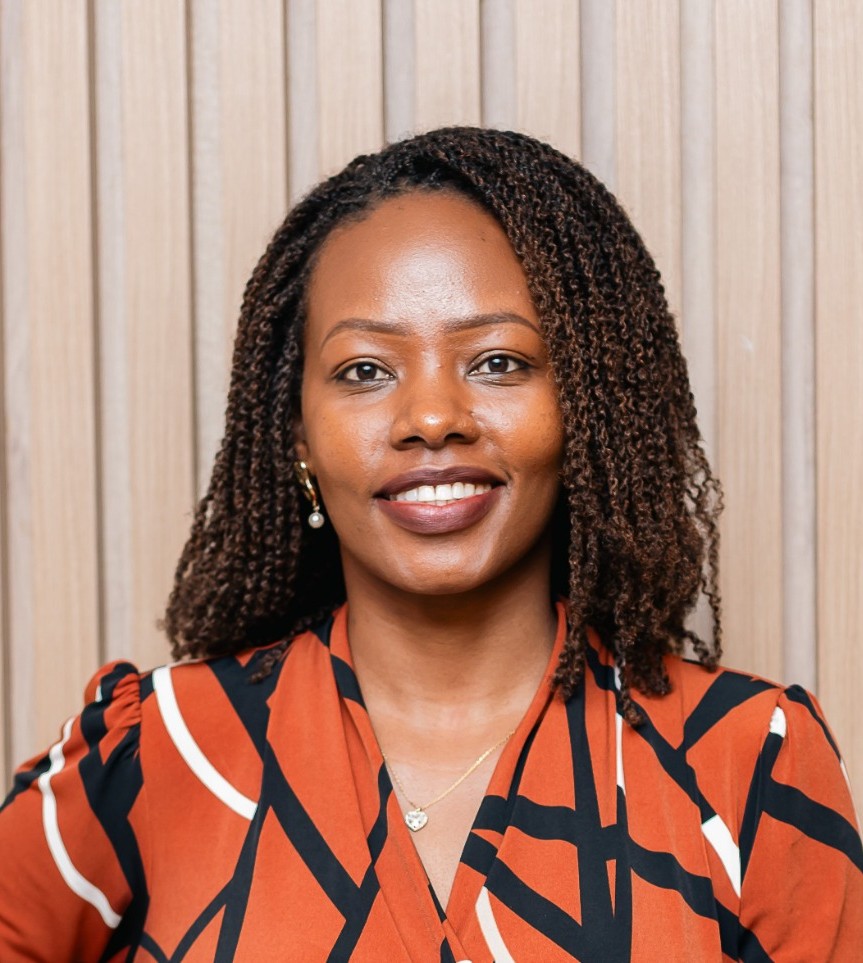Meet Victor Onjolo-a dynamic climate activist, content creator, and social media influencer using his platform to drive meaningful conversations on climate action. With an MSc in Natural Science from the University of Chinese Academy of Sciences, Victor blends scientific expertise with engaging digital storytelling to educate, inspire, and mobilize African youth toward a sustainable future. In this Q&A, he shares his insights on climate advocacy, social media’s role in climate action, and what young people can do to make a real impact.
- What inspired you to get involved in climate action, and how has your journey evolved over time?
I was driven to climate activism by the harsh realities I witnessed in my community—unpredictable weather disrupting agriculture and declining fish populations threatening livelihoods. What started with local efforts like organizing community clean-ups has evolved into a digital movement, where I use social media to educate, inspire, and mobilize others for climate action. Now, I integrate research from my academic studies to strengthen my advocacy, ensuring my message is not just heard but backed by science and impact-driven.
- Can you share any personal experiences or milestones that have shaped your passion for addressing the climate crisis?
Attending my first climate conference and connecting with young activists and leaders from across Africa was a turning point. Seeing the collective power of youth and hearing firsthand accounts of climate impacts solidified my commitment. Leading a successful campaign against a local deforestation project and driving conversations with climate-focused brands on social media further proved that youth are not just participants—we are catalysts for real change.
- What lessons have you learned as a young climate advocate that you think would inspire others?
Resilience is key—not every campaign succeeds overnight, but perseverance leads to impact. Collaboration is just as crucial; tackling the climate crisis requires collective effort. I’ve also learned that every small action matters, and through storytelling on social media, we can inspire a ripple effect.
The Urgency of Climate Action
- Why do you believe climate action is particularly urgent right now, especially for African youth?
Climate action is urgent as we’re already witnessing devastating impacts—floods, droughts, and food insecurity—hitting young Africans the hardest. Our generation will bear the brunt of these consequences, making it our responsibility to act now. By influencing policy, promoting sustainability, and driving solutions, we can shape a future of resilience and opportunity, rather than conflict and scarcity.
- What are some recent global or local climate events that highlight the need for immediate action?
Globally, we’ve seen devastating fires in areas like Pomonal,Victoria, Australia and Paradise and Eaton, California. Closer to home, the Horn of Africa has endured one of the worst droughts in decades, while catastrophic flooding in Eastern Africa has displaced millions. These crises make one thing clear; climate change isn’t a distant threat; it’s a crisis unfolding right now.
- How does Africa’s unique position and challenges influence the urgency for youth involvement in climate action?
Africa contributes the least to global emissions yet bears the brunt of climate impacts, with its economies heavily reliant on agriculture and vulnerable to extreme weather patterns. This makes youth involvement critical; we are the innovators developing solutions tailored to our local contexts, the advocates driving sustainable development, and the voices pushing for policies that address the unique challenges of our time. Our engagement isn’t just necessary; it’s urgent for securing a resilient future for Africa.
Rallying Youth for the Green Transition
- What role do you think young people in Kenya and across Africa should play in the green transition?
Young people should be in the lead, not just as participants but as leaders in policy advocacy, innovation, and community mobilization. Youth need to drive green technologies, support circular economies, and ensure their voices shape the transition to ensure it is equitable and inclusive.
- Why is green skills acquisition important for youth, and how can it contribute to addressing climate challenges?
Green skills are important for youth to thrive in a future where sustainability is key. These skills enable them to create jobs that are not only economically viable but also environmentally sustainable, from renewable energy tech to sustainable agriculture practices, directly impacting climate issues.
- What do you believe are the biggest barriers preventing the youth from getting involved, and how can they be overcome?
Limited resources, information, and platforms to voice concerns are major barriers, which can be overcome through mentorship programs, educational reforms that include climate education, and leveraging social media for advocacy and awareness. Partnerships with tech firms to provide tools and platforms can also empower the youth.
Practical Actions for Youth Involvement
- What practical steps can young people take to start contributing to climate action and acquiring green skills?
Education; learn about sustainability and green tech. Engage in community projects like tree planting or waste management. Utilize platforms like social media to spread awareness and connect with like-minded individuals. Attend or organize workshops to gain hands-on skills in conservation.
- Are there any specific programs, organizations, or initiatives (local or global) that the youth can engage in to make a difference?
Locally, the African Youth Climate Hub is fantastic for networking and project incubation. Globally, initiatives like the UN Youth Climate Summit or the Fridays for Future movement are great platforms.
- How can young people leverage technology, education, or community networks to drive climate solutions?
Technology can be used for spreading awareness or developing apps for environmental monitoring. Education can focus on sustainability in curricula, while community networks can be harnessed for grassroots campaigns, sharing knowledge, and implementing local-based solutions.
A Call to Action
- What message would you like to give to youth who feel overwhelmed or powerless about climate issues?
Every action, no matter how small, contributes to the bigger picture. Feeling overwhelmed is natural, but we have the power to change things. Start with what you can manage, educate yourself, and connect with others with similar aims.
- How can young people support each other and work collaboratively to create a larger impact?
Join or create youth-led groups, share knowledge and resources, and take part in collective yet peaceful actions like strikes or petitions. Whether online or in-person, collaborative projects amplify our voices and demonstrate the power of unified action.
- If you could ask every young person in Africa to do one thing today for the climate, what would it be?
As young people, we spend a lot of time on social media—so let’s use it as a force for good. Engage in climate conversations, amplify solutions, and most importantly, take action—one step at a time. Every small effort adds up to a bigger impact on our planet!





